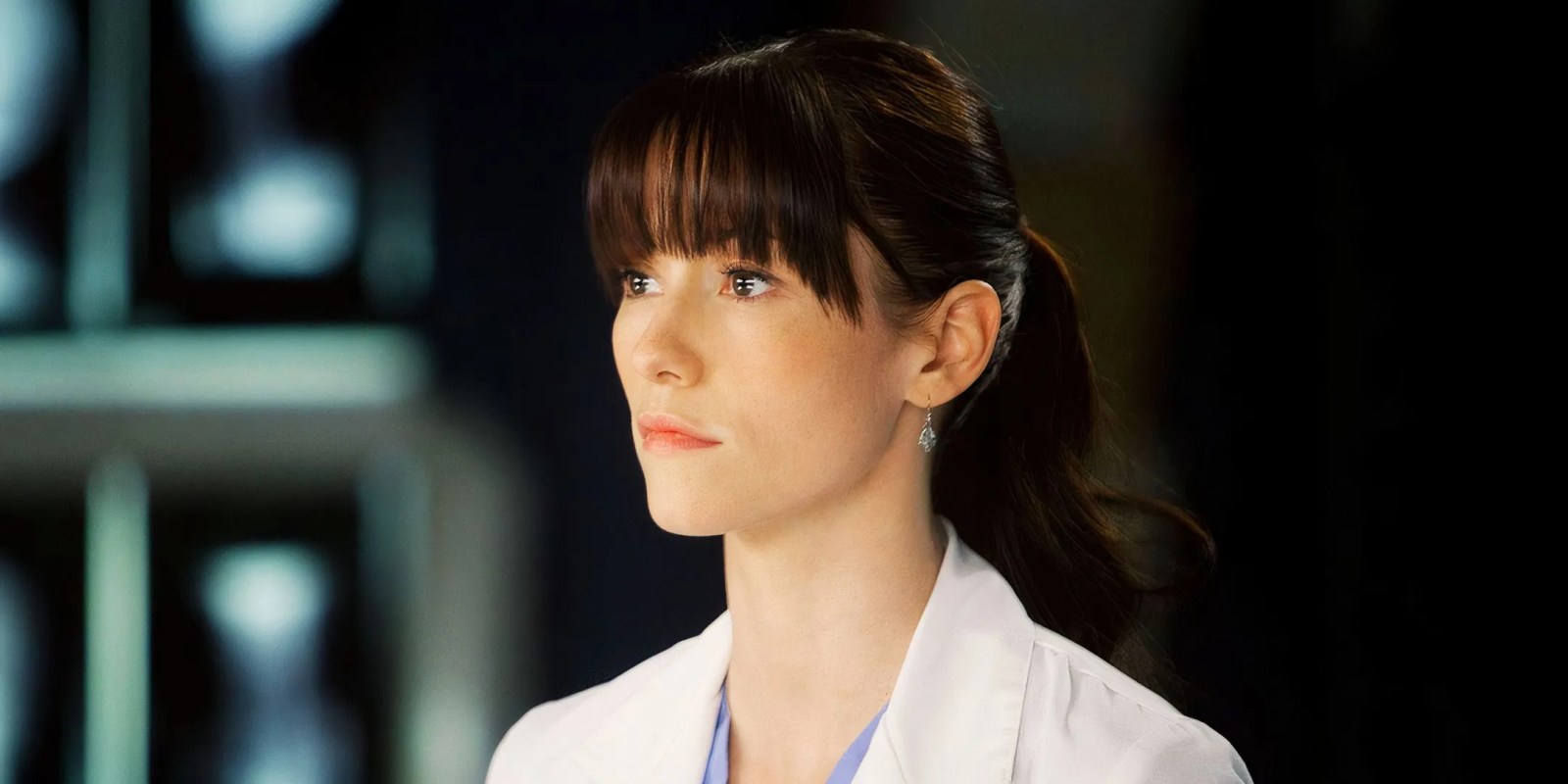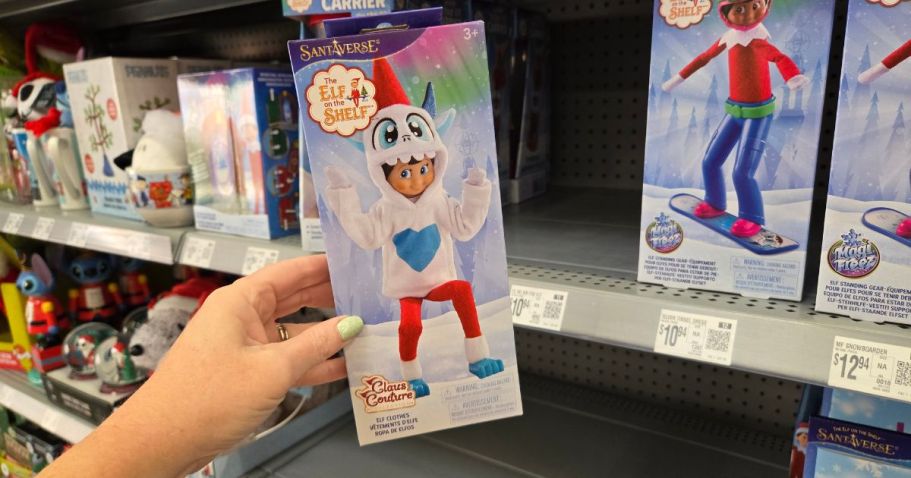
It’s easy to feel invisible in a city of 8.8 million people – even more so if you’re one of London’s estimated 12,000 rough sleepers. Mike (Frank Dillane) seems to take it mostly in his stride; he’s figured out the best spot to hide his meagre possessions (behind two commercial bins) and only seems mildly irritated when he’s woken from his spot on the pavement by an over-zealous street preacher with a PA system. But to the legions of fast-moving commuters in East London, he might as well be a ghost. Even when Mike does receive a small gesture of kindness from a stranger, desperate and distrusting as he is, his instinct is to do something cruel in response. So sets in motion the plot of Harris Dickinson’s Urchin, a contemporary tragedy that draws from Mike Leigh’s Naked and Agnés Varda’s Vagabond in its piercing observation of modern life on the fringes.
Dillane is a remarkable discovery. His puppy dog eyes and shaggy haircut project a certain softness; he’s boyish and charming in fits and bursts, clearly street smart and charismatic, but knocked down enough times that getting back up is that little bit harder each time. Mike’s obvious vulnerability in juxtaposition with his occasional violent outbursts evokes De Niro’s Travis Bickle with a dash of Kes, while Dickinson’s decision to give us only a few details about the circumstances that have led to Mike’s perilous existence encourages empathy without exception. There’s no real need to know how or why Mike got here; the details are largely immaterial to his situation. Yet Mike’s reluctance to confront his past (and his personal shortcomings) hardly help; time and time again, it’s Mike who trips himself up just as the ground ahead seems sure. His tendency to glaze over his own sadness or frustration with a placid grin is only effective for so long.
Get more Little White Lies
If a story about an unhoused young man trying to pick his way through the hellscape of the modern capital doesn’t sound very sunny, it’s true that there’s something deeply melancholy about the existence Mike is barely eking out, and his isolation is palpable and raw. But Dickinson finds lightness there too, and a combination of sharp dialogue and excellent delivery from Dillane et al. (including Dickinson himself as Mike’s sometime mate Nathan) keep the audience on their toes. Urchin is never relentlessly grim, even if it finds enough bleak moments that Leigh comparisons are well-earned. Nor is this a posturing ‘issue’ movie, peering down at London’s rough sleepers with a patronising pat on the shoulder. There’s a clear understanding of the forces that lead people to addiction and homelessness, and how without proper infrastructure and support, willpower can’t sustain recovery alone. Dickinson affords more tenderness to his protagonist than London is willing to, but it’s also clear Mike’s no angel (nor should he have to be to earn our empathy). Instead he’s familiar in his specificity, emblematic of thousands slipping through the cracks as those in power show more and more contempt for the most vulnerable.





